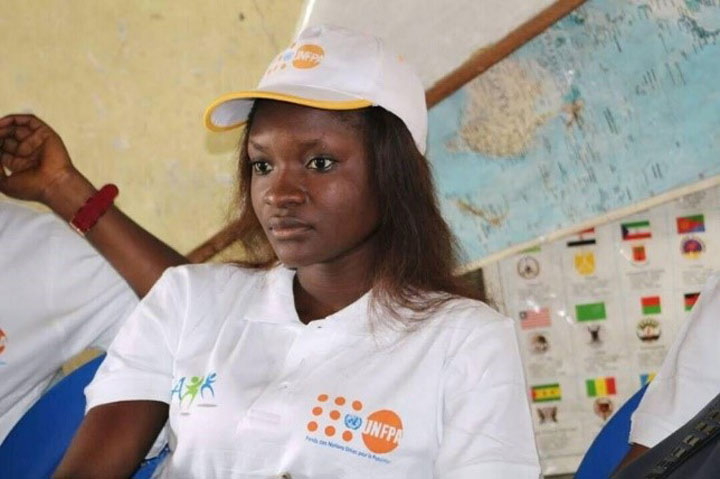Global News is a media partner with Journalists for Human Rights and, as part of that partnership, is proud to provide a platform for updates on JHR programs.

After student journalist Raïssa Tshikandama led an investigation into the proliferation of fake health centres in Kinshasa, the capital of the Democratic Republic of Congo, the resulting story led to a crackdown on these centres across the city.
Tshikandama is a third-year graduate student in journalism at the National Pedagogical University. In 2017, training from Journalists for Human Rights made it possible for her and fellow student Hénoch Nova of the Faculty Institute of Information Sciences and Communication to collect information about these makeshift health centres.
They produced a mini-documentary that reached a wide audience, exposing Kinshasa’s unregulated health centres and reducing the risk they posed to the general public.

Get breaking National news
WATCH: Investigation into ‘fake’ health centres in the DRC (in French)
Professor Tshiomba Onga Binsalu Tharcisse, head of the Department of Forensic Medicine at Kinshasa’s General Hospital of Reference, was inspired by the team’s work. In response to their reporting, he launched a school to train medical examiners, with the aim of separating fraudulent doctors from professional doctors.
“This is my struggle for now,” he said.
Tharcisse’s school aims to train the next generation of Congolese doctors, in much the same way that JHR is training the next generation of Congolese journalists.
Tshikandama is one of 60 students to benefit from JHR’s work in the Congo in 2017.
“JHR has turned me into a point of reference among the activist girls of Kinshasa, and I am very grateful to JHR for the training,” she says. “I am now a project manager at Jeune en Action, an organization that is implementing a project supported by UNFPA. Everyone wants to know more about JHR clubs when they learn that this is where I received my training.”








Comments